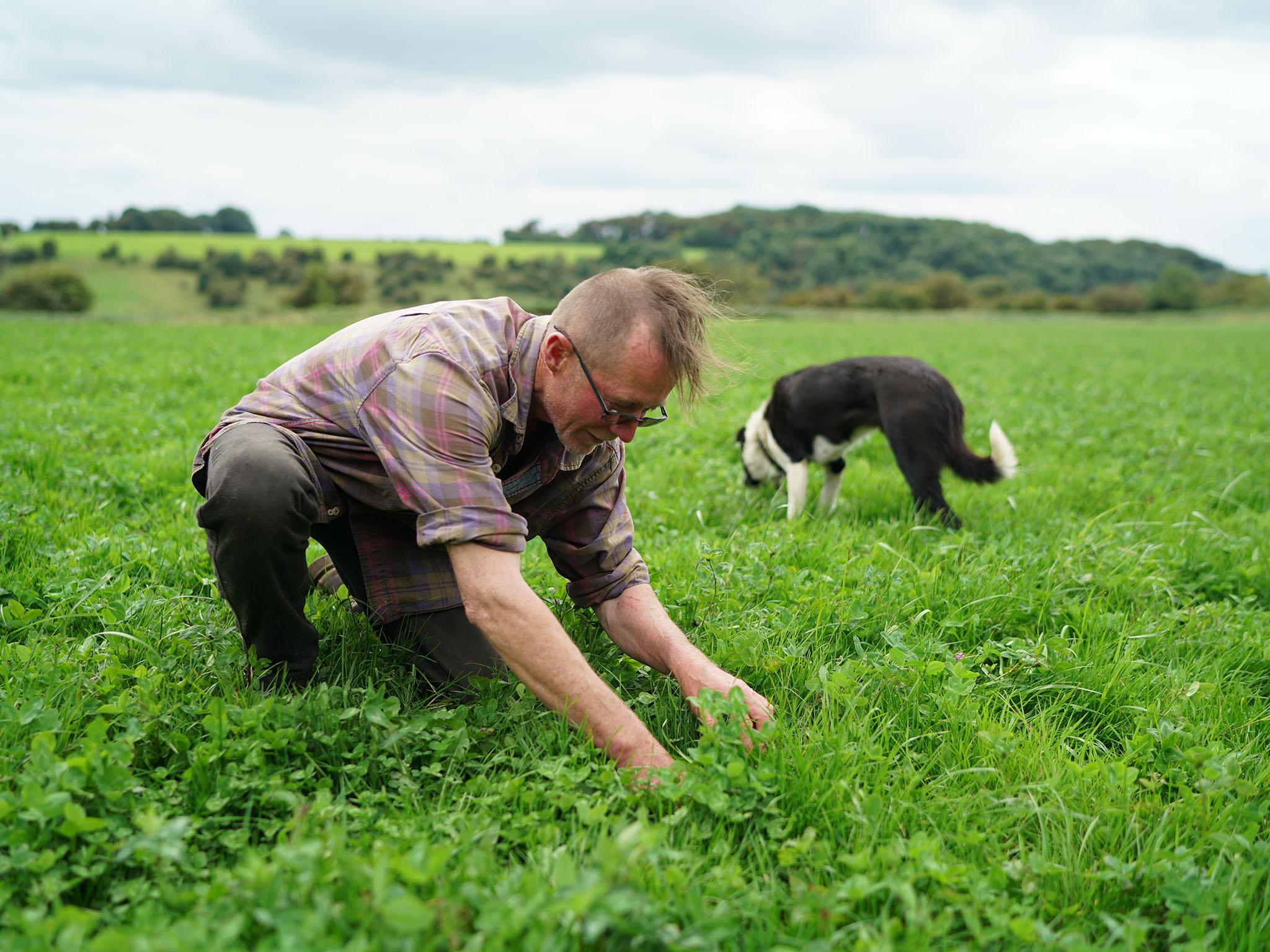Food standards 'must not be sacrificed to cheap imports' after Brexit, say MPs
EU is biggest trading partner for UK's £110bn-a-year food sector

Your support helps us to tell the story
From reproductive rights to climate change to Big Tech, The Independent is on the ground when the story is developing. Whether it's investigating the financials of Elon Musk's pro-Trump PAC or producing our latest documentary, 'The A Word', which shines a light on the American women fighting for reproductive rights, we know how important it is to parse out the facts from the messaging.
At such a critical moment in US history, we need reporters on the ground. Your donation allows us to keep sending journalists to speak to both sides of the story.
The Independent is trusted by Americans across the entire political spectrum. And unlike many other quality news outlets, we choose not to lock Americans out of our reporting and analysis with paywalls. We believe quality journalism should be available to everyone, paid for by those who can afford it.
Your support makes all the difference.High animal welfare, environmental and food standards “must not be sacrificed on the altar of cheap imports”, MPs warned as they called for post-Brexit clarity for agriculture.
The Government must not allow imports that have not been produced to UK standards, and should improve country of origin labelling and introduce mandatory “method of production” labels for food after Brexit, they said.
The MPs warned there needed to be more clarity on the future of the food and farm industry, including a sector-by-sector analysis, and urged ministers to consider setting up a fund for the food-producing industry to adapt to Brexit.
The European Union is the most significant trading partner for the UK’s £110bn-a-year agriculture and food sector, accounting for 60 per cent of exports and 70 per cent of imports, a report from the Environment, Food and Rural Affairs Committee said.
Despite government intentions, there is no guarantee of a future comprehensive trading and customs agreement with the EU, leaving the UK relying on World Trade Organisation (WTO) rules that would have a significant impact on agriculture.
The committee warned that the Government would have to think carefully about tariffs, as high charges on imports would raise the cost for consumers, while removing them could lower food prices for shoppers but have a “devastating effect” on the UK’s agricultural industry and rural communities.
While trading deals with other parts of the world could have benefits, they should not come at detriment of the UK’s reputation for high animal welfare, environmental and food standards, the report said.
Delays at border posts could also lead to increased costs and threaten perishable goods, so it is “imperative” the Government sets out how it will ensure the right IT systems and infrastructure are in place to ensure businesses can continue to trade smoothly.
The report also warned that non-British vets are critical to the veterinary workforce, and the Government must set out how it intends to ensure their working rights to help meet the needs of the UK’s food industry in the future.
Neil Parish, chairman of the committee, said: “In order to safeguard the livelihoods of UK farmers and guarantee domestic food security post-Brexit, it is vital that the Government articulates its vision for protecting both.
“The first step in this process is creating an analysis of each farming sector before bringing the Agriculture Bill before Parliament.
“UK agriculture will need to adapt to the changed trading circumstances following Brexit, so the Government should consider putting funding in place to enable farmers to do so.”
And he said: “It is crucial that the Government takes positive political action towards new trading relationships as a matter of priority.
“We should under no circumstances compromise on our world-renowned animal welfare, environmental, and food standards.
“Brexit should be an opportunity to improve, not undermine, our global reputation for quality.”
A spokeswoman for the Department for Environment, Food and Rural Affairs said: “Leaving the EU gives us a golden opportunity to secure ambitious free trade deals while supporting our farmers and producers to grow and sell more great British food.
“Any future deal must work for UK farmers, businesses and consumers, and we will not compromise on our high environmental or welfare standards.”
PA
Subscribe to Independent Premium to bookmark this article
Want to bookmark your favourite articles and stories to read or reference later? Start your Independent Premium subscription today.
Join our commenting forum
Join thought-provoking conversations, follow other Independent readers and see their replies
Comments